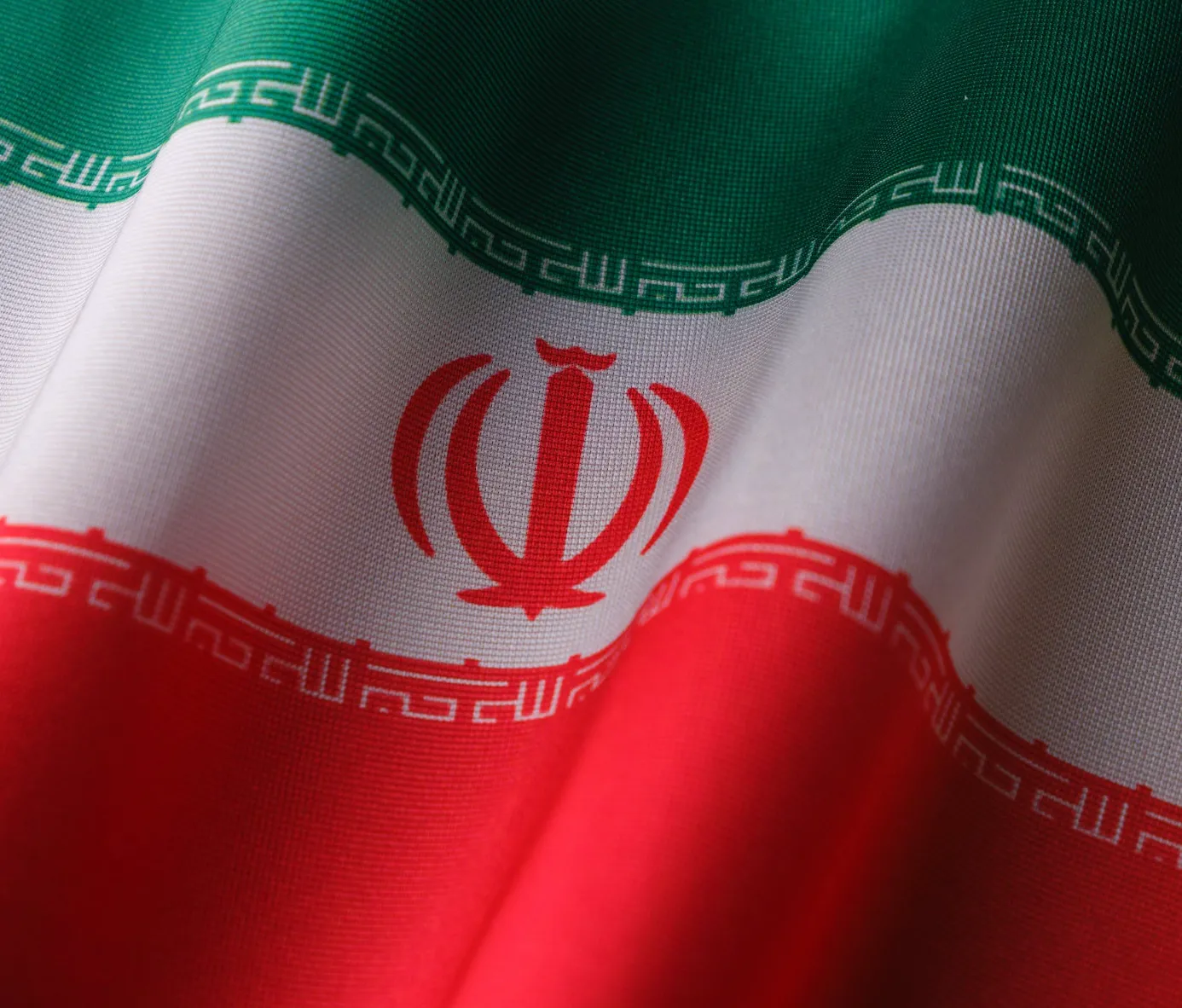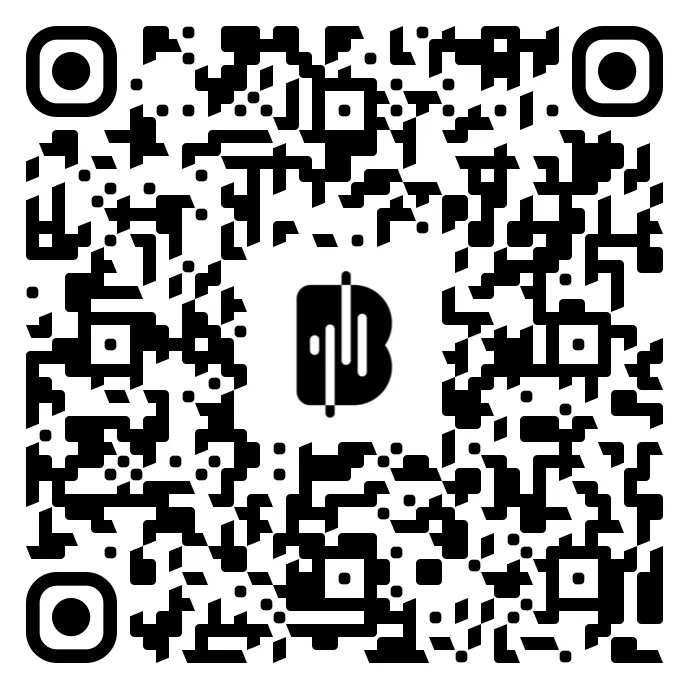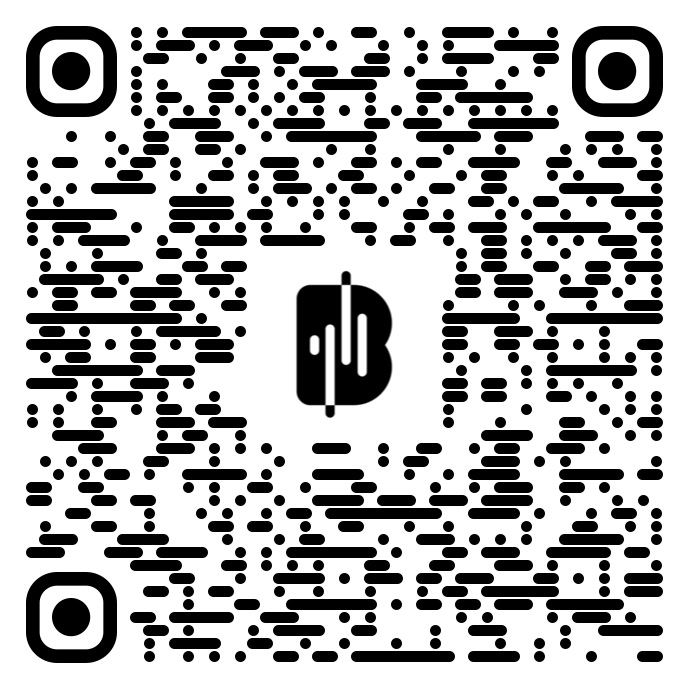Learning a language is complicated, and English is no exception. Even with the perfect grammar and vocabulary, if pronunciation is lacking, communication is disrupted and a speaker can lose credibility.
For Persian speakers, we’ve compiled 25 of the hardest English words for Iranians to pronounce so that you can avoid those common pronunciation mistakes and communicate with ease and confidence.
1. There /ðɛr/ The word “there” is used to signify something’s location, and it is commonly mispronounced by Persian speakers due to the voiced “TH” sound. Many Farsi speakers incorrectly replace the voiced “TH” sound with a “D” sound.
To correctly pronounce the voiced "TH" sound, position your tongue between your upper front teeth, maintain vocal fold vibration, keep your lips relaxed, and ensure a steady flow of air. Learn from BoldVoice Coach Eliza Simpson as she explains the mechanics of this sound.
VIDEO
Practice using minimal pairs like “there” and “dare” or “though” and “dough” to grasp the differences between these sounds.
2. Weather /ˈwɛðər/ “Weather” describes the state of the atmosphere at a particular place and time, especially regarding temperature, humidity, precipitation, and wind. Similarly to “there,” this word is difficult for Persian speakers to pronounce due to the voiced “TH” sound.
Continue practicing this sound by repeating words in front of a mirror and paying special attention to your mouth and tongue positioning. Record audio of yourself practicing as well to pinpoint areas for improvement and to document your progress.
3. Three /θri/ The number “three” (3) can be a challenge for Farsi speakers because the voiceless “th” is a challenge to pronounce correctly. Persian speakers tend to replace this sound with the “S” sound, resulting in confusion and misunderstanding.
For the voiceless "th" sound, position your tongue between your upper and lower front teeth, maintain airflow without vocal fold vibration, and keep your lips relaxed.
VIDEO
Practice distinguishing between “th” and “s” using minimal pairs like “thank” and “sank” or “math” and “mass.”
4. Think /θɪŋk/ To “think” is to have a particular opinion, belief, or idea about something. Just like “three,” it can be a challenge for Persian speakers to pronounce due to the voiceless “th.”
Practice this sound by reading aloud, singing along to music, or practicing tongue twisters featuring the voiceless “th.” Be sure to avoid replacing it with the “S” sound.
Take your free accent assessment Get to know your pronunciation level and get 7 days of lessons for free on the BoldVoice app.
Start Free Trial
5. Stress /strɛs/ “Stress” is a state of mental or emotional strain resulting from adverse or demanding circumstances. In fact, pronouncing the word “stress” can cause stress for native Persian speakers as a result of the challenging “str” initial consonant cluster.
Iranians will often mistakenly insert a vowel sound prior to words starting with “s,” especially with tricky consonant clusters. “Stress” then incorrectly becomes “estress.”
Try elongating the “s” sound when practicing to avoid inserting a preceding vowel sound, and practice with other words like “street” or “stripe.”
6. School /skul/ Just like “stress,” this word (representing an educational institution) is difficult for non-native speakers to pronounce due to the word-initial consonant cluster. Follow the same approach as with the previous word, and practice with other words featuring the same cluster like “skill” or “skyline.”
7. Strong /strɔŋ/ Again, Persian speakers have a tendency to incorrectly insert a vowel sound at the beginning of this word. To be “strong” is to be physically powerful, and it should be pronounced with the same initial sounds as the word “stress.”
Continue your practicing with words like “straw” and “straight.” Converse with native English speakers and utilize these words in context as you continue honing your American English pronunciation skills.
8. Product /ˈprɒdʌkt/ A “product” is an article or substance that is manufactured for sale, and it is commonly mispronounced by Persian speakers with regards to its stress placement.
An American speaker would emphasize the first syllable: "PRO-duct." Farsi speakers often mistakenly emphasize the second syllable: "pro-DUCT."
Listen to American speakers through podcasts, films, documentaries, and news broadcasts to familiarize yourself with English stress patterns and deepen your understanding of pronunciation nuances.
9. Production /prəˈdʌkʃən/ “Production” refers to the act of making or manufacturing components from raw materials, ultimately producing a product. The stress placement of this word also causes problems for Persian speakers, especially since it differs from the stress placement of “product.”
In the word “production,” stress should be placed on the second syllable to produce “pro-DUC-tion.” This is counterintuitive for many Persian speakers and can be challenging to grasp for those learning English.
To improve your pronunciation, clap along with each syllable as you repeat the word. This will help you to focus on each syllable and intentionally place stress on the second syllable.
10. Realize /ˈriəˌlaɪz/ To “realize” something is to become aware of something as a fact. The word “realize” is another English word that causes trouble for Persian speakers due to stress placement.
“Realize” should be stressed on the first syllable. Many Persian speakers mistakenly stress the second syllable, however.
Practice repeating this word and using it in sentences. The more comfortable you get with assigning the correct stress, the more natural it will become in conversation.
11. Dark /dɑrk/
When a place is “dark,” it has little or no light. “Dark” can be difficult for Persian speakers to pronounce due to the open vowel.
Persian speakers have a tendency to keep their mouth relatively closed when speaking their native language. When they encounter open-jaw vowels in English, such as the vowel in the word “dark,” that vowel pronunciation can get muddled.
Practice repeating words like “dark,” “stark,” and “park” in front of a mirror, paying attention to your jaw positioning.
12. Hot /hɑt/
Just like “dark,” “hot” involves an open-jaw vowel which can be difficult for native Persian speakers to pronounce. Something with a high degree of heat is considered to be “hot.”
To improve your pronunciation, practice using minimal pairs. Compare and distinguish “hot” with “hit,” “hut,” and “hat.” Notice the different vowel pronunciations and take note of the mouth and tongue positioning needed to pronounce each one clearly.
13. Hope /hoʊp/ Another challenging word, “hope” is a feeling of expectation and desire for a particular event to occur. Just like “dark” and “hot,” the open vowel in “hope” can be difficult for native Farsi speakers to pronounce correctly.
Practice this sound using rhymes or tongue twisters. Words like “trope,” “soap,” “rope,” and “elope” will all help to improve your pronunciation.
14. Wonder /ˈwʌndər/ “Wonder” is a feeling of surprise mingled with admiration, caused by something beautiful, unexpected, unfamiliar, or inexplicable. Iranians can struggle to pronounce “wonder” due to the “W” sound, since “W” doesn’t exist in their native language.
Persian speakers will often replace the “W” with the more familiar “V” sound, resulting in the mispronunciation “vunder.” Focus on the correct mechanics for the "W" sound to avoid this substitution.
VIDEO
You can also practice using minimal pairs. Words like “wane” and “vane” or “wiper” and “viper” should help to distinguish between “W” and “V” sounds.
15. Avoid /əˈvɔɪd/ To “avoid” is to keep away from, or stop oneself from doing something. This word tends to be mispronounced by Persian speakers learning English as an overcorrection of the previous pronunciation error.
To avoid making overcorrection mistakes, absorb as much American English media as possible and interact with native speakers to pick up on pronunciation patterns and improve your understanding of English words and phrases.
16. Coat /koʊt/
A “coat” is an outerwear garment worn on the upper body, typically with a collar and buttons down the front.
The diphthong /oʊ/ can be difficult for Persian speakers to pronounce correctly, as they tend to replace it with a pure vowel sound. “Coat” then becomes “caught,” resulting in confusion and miscommunication.
Practice this diphthong using minimal pairs like “moat” and “mat” or a trio like “boat,” “bat,” and “bought.”
17. Known /noʊn/ When something is “known,” it is recognized or familiar. Just as the diphthong in “coat” is often replaced with a pure vowel sound, the diphthong in “known” is often replaced by Persian speakers and instead becomes “none.”
To prevent this common pronunciation error, practice by reading a text aloud alongside a recording or an audiobook. This will allow you to practice utilizing diphthongs in natural contexts and help you to recognize when you make pronunciation errors.
18. Throne /θroʊn/
Once again, the /oʊ/ diphthong results in mispronunciations among Persian speakers. A “throne,” a ceremonial chair for a sovereign or a similar figure, is often mispronounced as “thron,” with a simplification of the complex diphthong sound.
Practice by repeating “throne” and rhyming words in front of a mirror, paying attention to mouth and tongue positioning. “Alone,” “clone,” and “hone” are all effective words for practicing.
19. Cab /kæb/
A “cab” is another term for a taxi, and it’s a word often mispronounced by Persian speakers.
Persian speakers tend to alter words that end in voiced consonants, like “cab.” The voiced “B” is incorrectly replaced with an unvoiced “P,” resulting in “cap.”
To fix this error, practice using minimal pairs. Distinguish between the pronunciations of pairs like “cub” and “cup” or “slab” and “slap.”
20. Bug /bʌɡ/
Similar to “cab,” the word “bug” is often mispronounced by Persian speakers thanks to their tendency to replace voiced final consonants with their unvoiced counterparts. “Bug,” an insect, then becomes “buck.”
Continue with minimal pairs exercises to train your ears and your mouth to pick up on these nuances and hone your English pronunciation. Utilize pairs like “pig” and “pick” or “hog” and “hock.”
21. Bid /bɪd/ To “bid” is to offer a certain amount of money for something. Just like “cap” and “bug,” Persian speakers may replace the final voiced “D” in “bid” with its unvoiced counterpart, “T.” “Bid” then becomes “bit,” which can be confusing for listeners.
Minimal pairs exercises focusing on the final “D” and “T” sounds help to minimize this error and improve English pronunciation for Persian speakers. Pairs like “sad” and “sat” or “laud” and “lot” work to solve this issue.
22. Float /floʊt/
Another challenge for Persian speakers learning English is the tendency to omit word-final sounds. “Float,” the act of resting on the surface of a liquid without sinking, would be mistakenly pronounced as “flow,” for example.
To avoid making this common mistake, practice reading aloud in English as often as possible. Pay attention to the word-final consonants you see as you read the text and make a conscious effort to include those sounds as you pronounce the words.
23. Ribbon /ˈrɪbən/ A “ribbon” is a long, narrow strip of fabric, used especially for tying something or for decoration. This word can be a challenge for Persian speakers because the American English “R” sound is unlike the “R” sound in their native language.
Persian speakers tend to pronounce “ribbon” with a rolled “R” when American English calls for an unrolled “R.” To produce the American English "R" sound, curl the tip of your tongue upward toward the roof of your mouth without vibrating it, and create a slight constriction in the throat while allowing air to pass over the sides of the tongue.
VIDEO
Consider repeating “R”-based tongue twisters to familiarize yourself with this sound, increasing in speed as you get more comfortable.
24. Around /əˈraʊnd/ “Around” refers to the area surrounding something. This word is often mispronounced by Persian speakers because of two main pronunciation challenges: the diphthong vowel and the challenging “R” sound.
Utilizing the techniques mentioned earlier, practice improving both of these sounds individually before bringing them together and tackling the word “around.”
25. Rollercoaster /ˈroʊlərˌkoʊstər/
A “rollercoaster” is a thrilling amusement park ride consisting of a railroad track that rises, falls, and turns sharply.
Once again, the “R” sound presents a challenge for native speakers of Farsi to pronounce. Additionally, the stress placement in the word “rollercoaster” can be confusing for Persian speakers - when pronounced correctly, the stress is on the first syllable: “ROLLercoaster.”
Fine-Tune Your English Pronunciation with BoldVoice As this list showcases, mastering English pronunciation poses a unique challenge for Persian speakers. BoldVoice serves as a valuable tool to refine pronunciation, offering a dynamic platform for practice and improvement.
Embracing such solutions empowers learners to navigate the intricacies of English articulation with confidence, turning challenges into opportunities for growth and mastery. Start your 7-day free trial and unlock the full potential of the English language.









